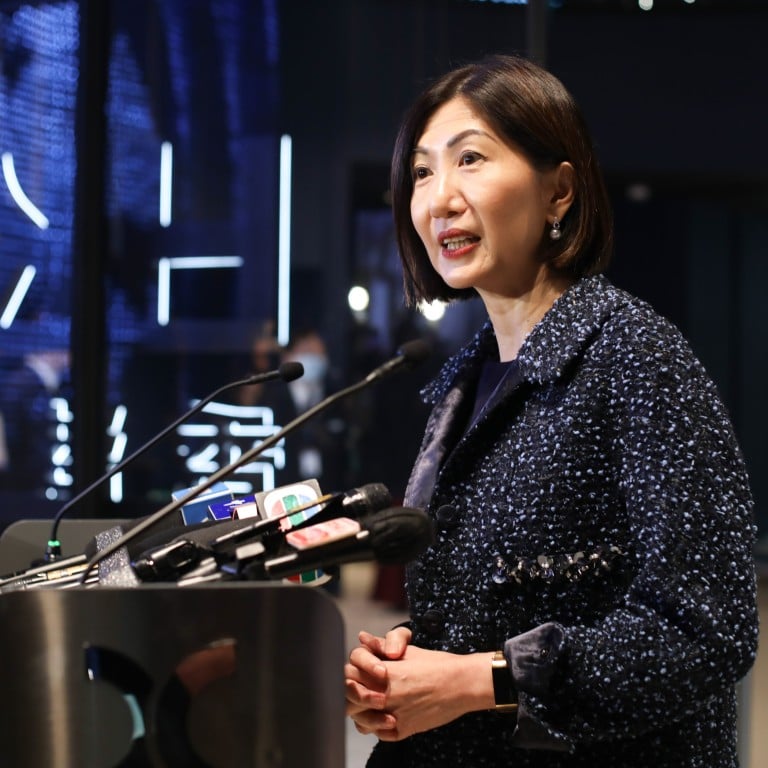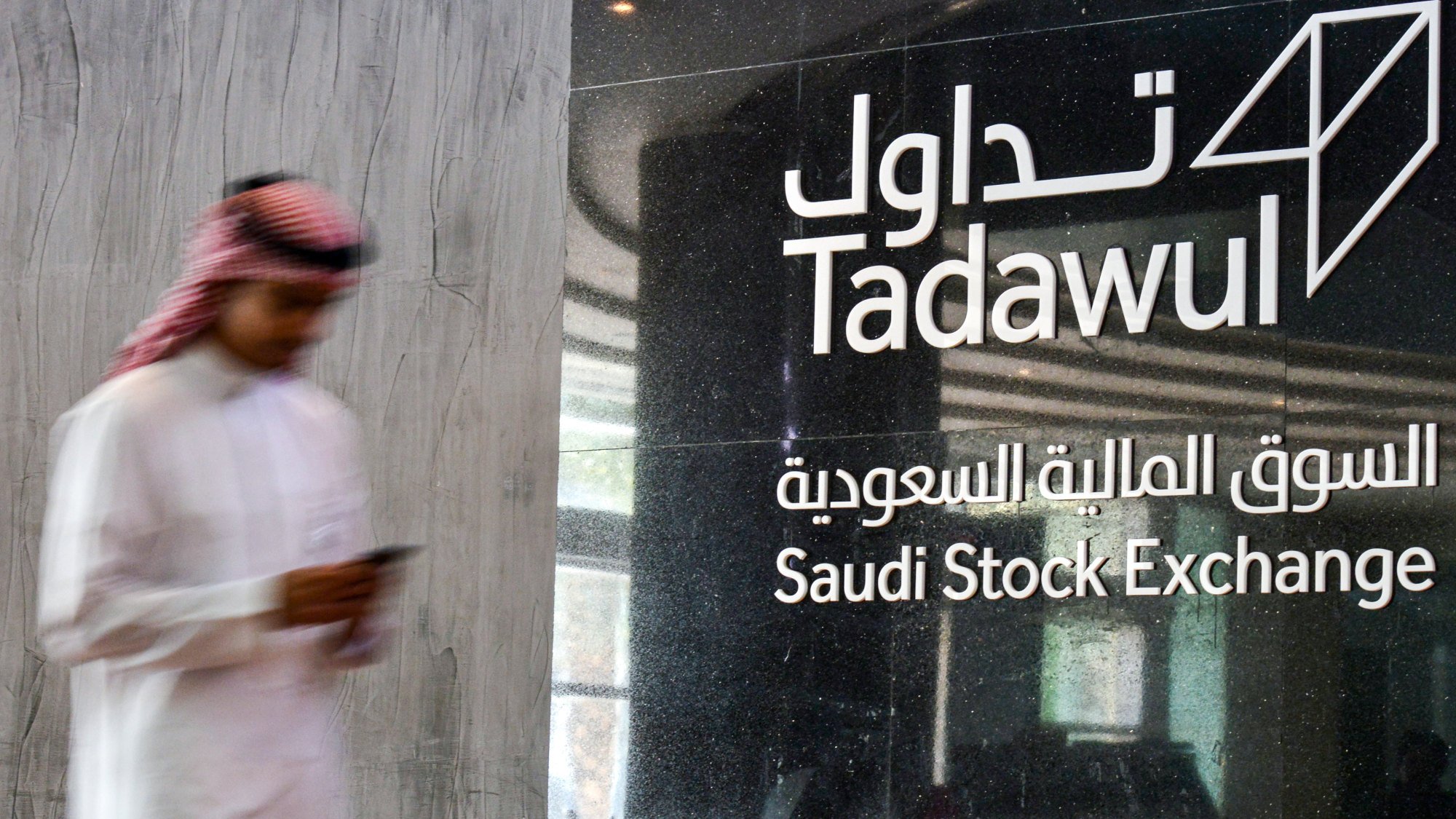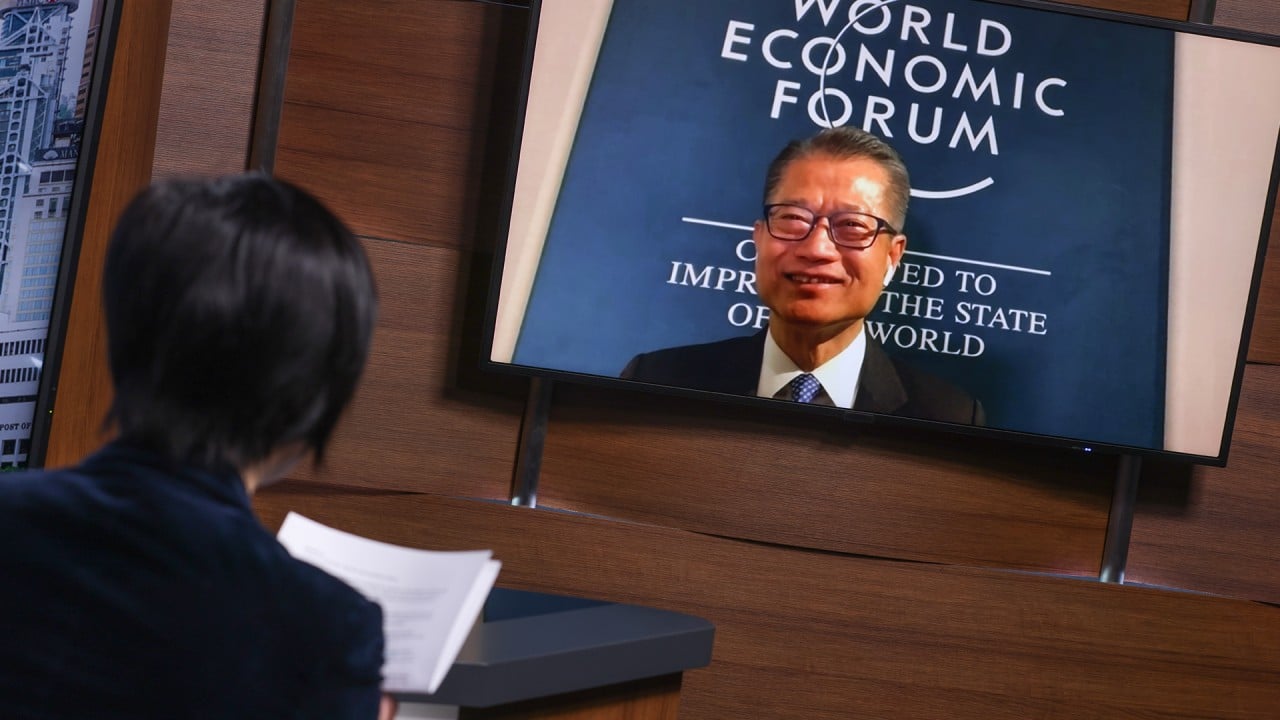
HKEX reaches out to Saudi, Indonesian companies in move to broaden IPO targets in emerging markets
- IPOs may take time as some of these companies are required to be listed first in their home market, before they can pursue an offshore listing
- IPO approval time has shortened from 70 business days in 2022 to 48 currently, CEO Chan says
Some of these companies are required to be listed first in their home market, before they can pursue an offshore listing, creating a time lag in the process, she said when discussing measures to promote liquidity and competitiveness in the securities market at the Legislative Council (Legco) on Monday.

The stock exchange added the Saudi Exchange, or Tadawul, and the Jakarta Stock Exchange as “recognised” bourses last year, creating a shortcut for companies traded on both venues to consider a secondary listing in Hong Kong.
This recognition followed agreements to explore cooperation in a number of areas, including cross-listing opportunities.
The listing of a Saudi-focused exchange-traded fund by CSOP Asset Management in December, the first of its kind in Asia, was a significant development, Wilfred Yiu Ka-yan, HKEX deputy CEO, said during the Legco meeting.
It showed Hong Kong’s robust financial system and service support, allowing issuers to choose Hong Kong as their listing location, he said.
Hong Kong’s IPO market shrinks in first quarter amid tighter rules, poor values
China’s top stock exchanges managed fewer IPOs as proceeds generated from first-time stock sales in Hong Kong, Shanghai and Shenzhen dwindled. Alibaba Group, the owner of this newspaper, recently assessed its internal reorganisation plans, freezing possible jumbo deals from Alicloud, Cainiao Smart Logistics and Freshippo.
IPO proceeds in Hong Kong declined 29 per cent to HK$4.73 billion (US$604.4 million) in the first quarter from a year earlier, according to data compiled by London Stock Exchange Group. The Shanghai and Shenzhen bourses suffered a 72 per cent and 85 per cent reduction, respectively.
Meanwhile, some Legco members raised concerns about the lengthy listing process during the discussion. Chan said the median approval time for main board listings has shortened significantly, from 70 business days in 2022 to 48 currently.
While there is still room for improvement, Chan said the IPO market has been impacted by factors such as macroeconomics and high interest rates.
To enhance revenue and tax collections, HKEX has proposed to the government that it keep the stock market running during adverse weather conditions such as typhoons. A public consultation paper was issued in November last year to gather feedback from institutions and investors regarding this proposal.
Joseph Chan Ho-Lim, acting secretary for Financial Services and the Treasury Bureau, told lawmakers that market opinions are being assessed and both parties are aiming to announce the conclusion and implementation details by the middle of this year.
Currently, HKEX is obliged to delay or suspend trading when the Hong Kong Observatory issues typhoon signal No. 8 or higher, or raises a black rainstorm alert, protocols written into its operating rules since the 1950s.


